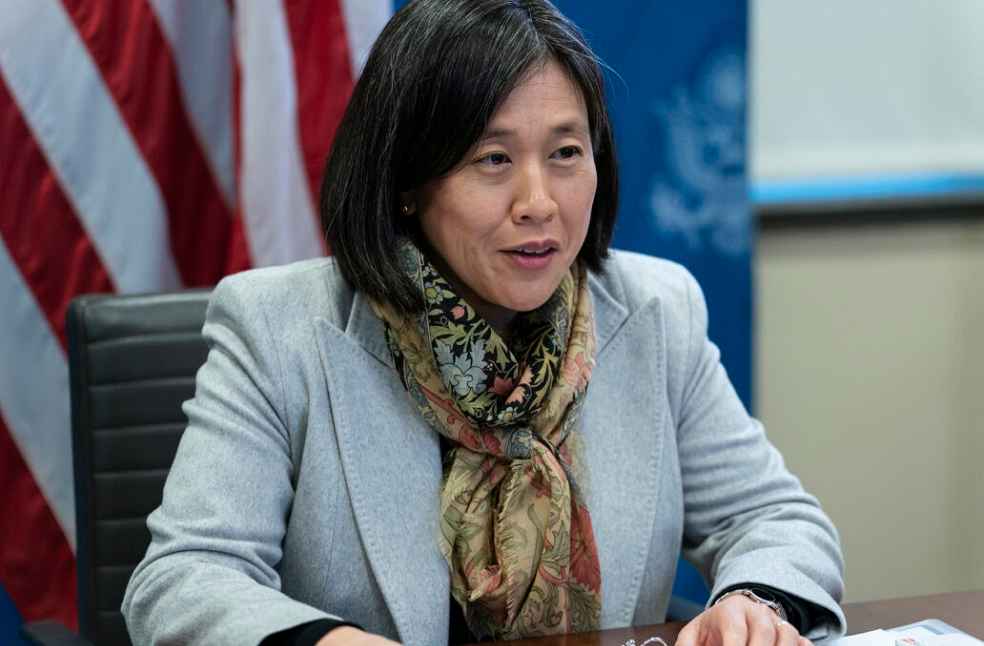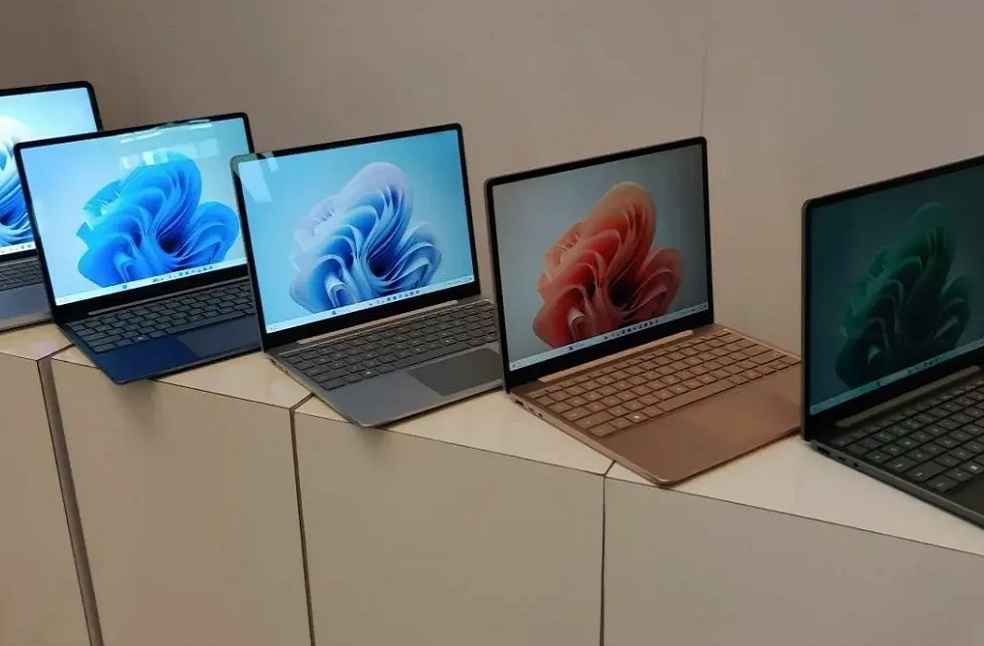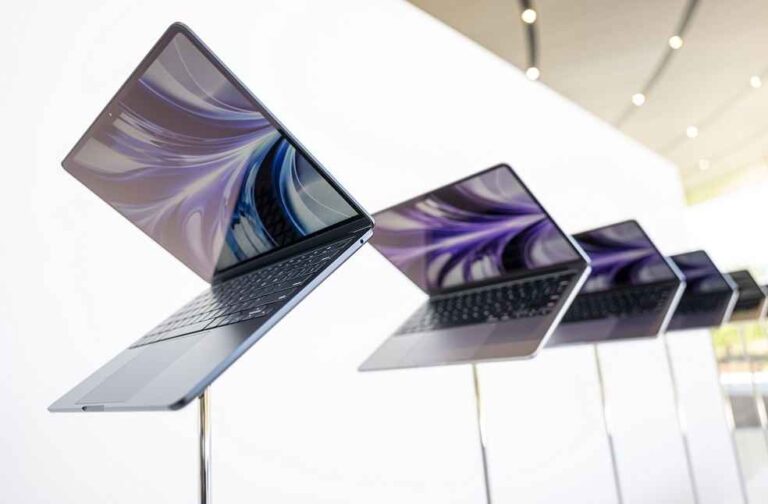At a recent World Trade Organization (WTO) Committee on Import Licensing meeting, Japan and China voiced concerns about India’s briefly implemented laptop import monitoring measure, initially introduced in August of the previous year. Despite its quick reversal, the policy continues to attract global attention, as highlighted in a statement released by the WTO on May 21.
Earlier criticisms from the United States echoed similar sentiments. U.S. Trade Representative Ambassador Katherine Tai addressed the issue at a G20 meeting hosted by India, urging vigilance to ensure that India’s online import systems and related policies do not impede international trade flows.
Defending the policy, a senior official from the Indian government assured that the accusations were unfounded, emphasizing that India imposes no current restrictions on imports of laptops and tablets. The official attributed the frequent international queries to India’s substantial market size for such devices.

The official also criticized the disproportionate focus on India’s policies within WTO discussions, especially considering more significant global trade issues like the European Union’s Carbon Border Adjustment Mechanism (CBAM) and the U.S.’s Inflation Reduction Act (IRA), which purportedly have a more extensive impact on global trade yet receive less attention in WTO forums.
The concern primarily stems from potential effects on American companies that manufacture laptops and tablets in China—nearly 90% of India’s imports in this category originate there. Other nations keen on tapping into India’s rapidly expanding domestic market remain watchful of any Indian policy that might seem restrictive.
Discussions at the WTO also covered efforts to enhance transparency among member nations and promoted the use of the WTO’s Import Licensing Notification Portal, inaugurated on October 31 of the previous year.
The committee deliberated on three specific trade issues concerning India, ranging from electronics like personal computers and tablets to other products such as viscose staple fiber (VSF) and pneumatic tyres, with concerns raised by Indonesia, Chinese Taipei, and Thailand.

Responding to previous concerns from the U.S., India clarified that its licensing regime aims to manage IT hardware imports to bolster supply chain resilience and safeguard national security. The licensing process, India maintained, would be automatic, with no plans to expand this monitoring system to other products.
Part of India’s rationale for its import controls is to lessen reliance on Chinese-made laptops and tablets. Despite this, commitments under the 1997 Information Technology Agreement at the WTO prevent India from imposing higher tariffs on these products, which are currently imported duty-free.
This issue resurfaced last year when the U.S., China, Korea, and Chinese Taipei raised concerns at a WTO Committee on Market Access meeting about India’s restrictive measures on imports, suggesting they might violate WTO regulations and potentially create unnecessary trade barriers.
LATEST | Kazakhstan-Singapore Forge Stronger Economic and Transport Ties



